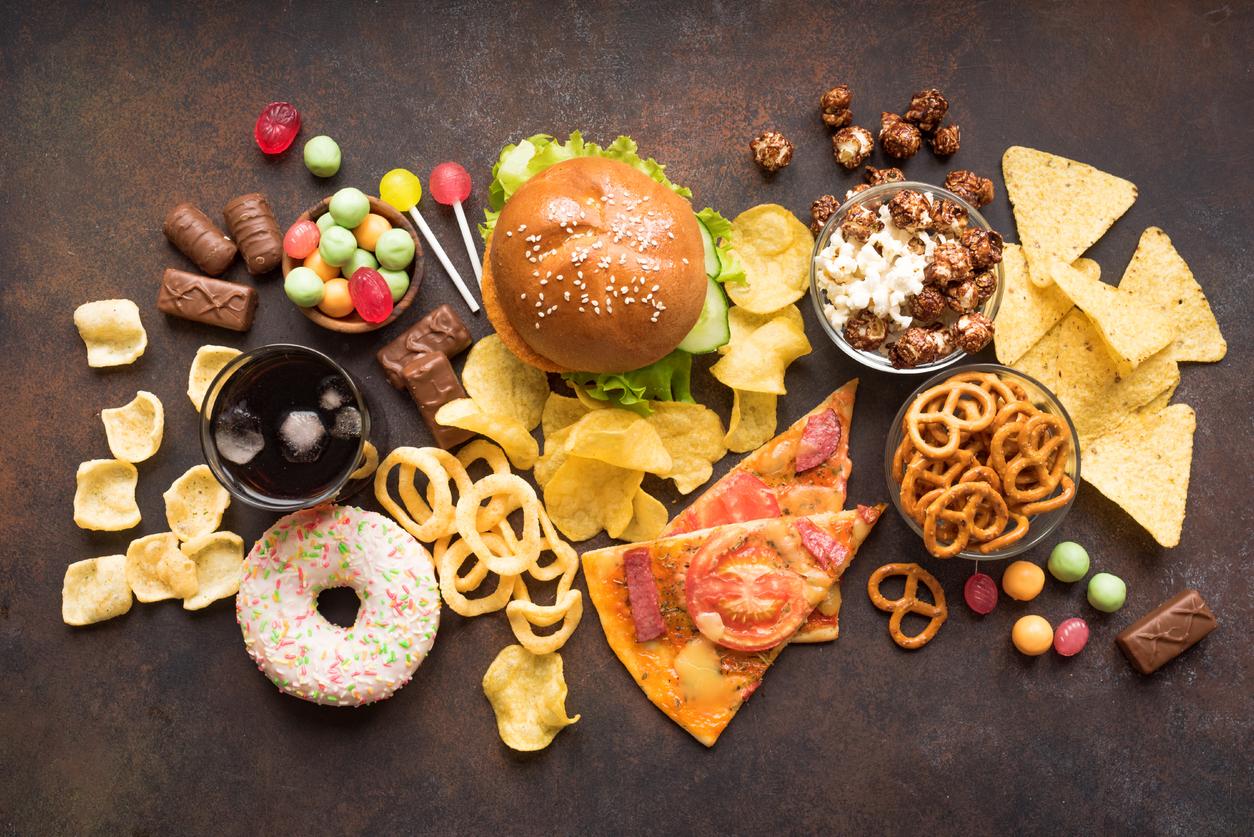Consuming a lot of ultra-processed foods, such as sugary drinks or processed cakes, is associated with a higher risk of stroke and cognitive decline.

- Ultra-processed foods are those high in sugar, salt and fat.
- High consumption of these types of products is associated with a higher risk of stroke.
- It is also associated with an increased risk of cognitive decline.
Ultra-processed foods should be banned. Researchers from the University of Alabama in the United States have proven it once again. In their work, published in the journal of the American Academy of Neurology, they explain having discovered an association between the risk of cognitive decline or stroke and the consumption of processed foods. “Study does not prove that eating ultra-processed foods causes memory and thinking problems, as well as strokes, do they nuance in a communicated. It only shows an association.”
More than ten years of study on the effects of diet on stroke and cognitive decline
Before reaching this conclusion, they recruited more than 30,000 people aged 45. All these participants were followed for eleven years: they answered questionnaires on their eating habits. The researchers calculated the share of ultra-processed foods in their daily diet. “This percentage was divided into four groups, ranging from the least processed foods to the most processed foods.indicate the authors.
Cardiovascular and cognitive health: how to define an ultra-processed food?
They point out that the latter are those rich in added sugars, fat and salt, and low in protein and fiber. “They include soft drinks, salty and sweet snacks, ice cream, hamburgers, ketchup, mayonnaise, industrial breads and flavored cereals., they specify. Unprocessed or minimally processed foods include meats, fish, as well as vegetables and fruits. “Although a healthy diet is important for maintaining brain health in older adults, the food choices most important for your brain remain unclear“, says W. Taylor Kimberly, lead author of the study.

Increased risk of stroke or cognitive decline associated with ultra-processed food
In total, the researchers counted 768 cases of cognitive decline and 1,108 strokes among the participants. “A 10% increase in the amount of ultra-processed foods consumed was associated with a 16% higher risk of cognitive impairment., observe the authors. Conversely, low consumption of this type of product reduces it. For stroke, they found that greater consumption of ultra-processed foods was linked to an 8% increase in risk, while greater consumption of unprocessed or minimally processed foods was linked. to a 9% reduction in this same risk. “Our results show that the degree of food processing plays an important role in overall brain health, comments W. Taylor Kimberly. Additional research is needed to confirm these results and to better understand which foods or processing processes contribute most to these effects..”















